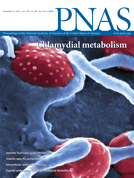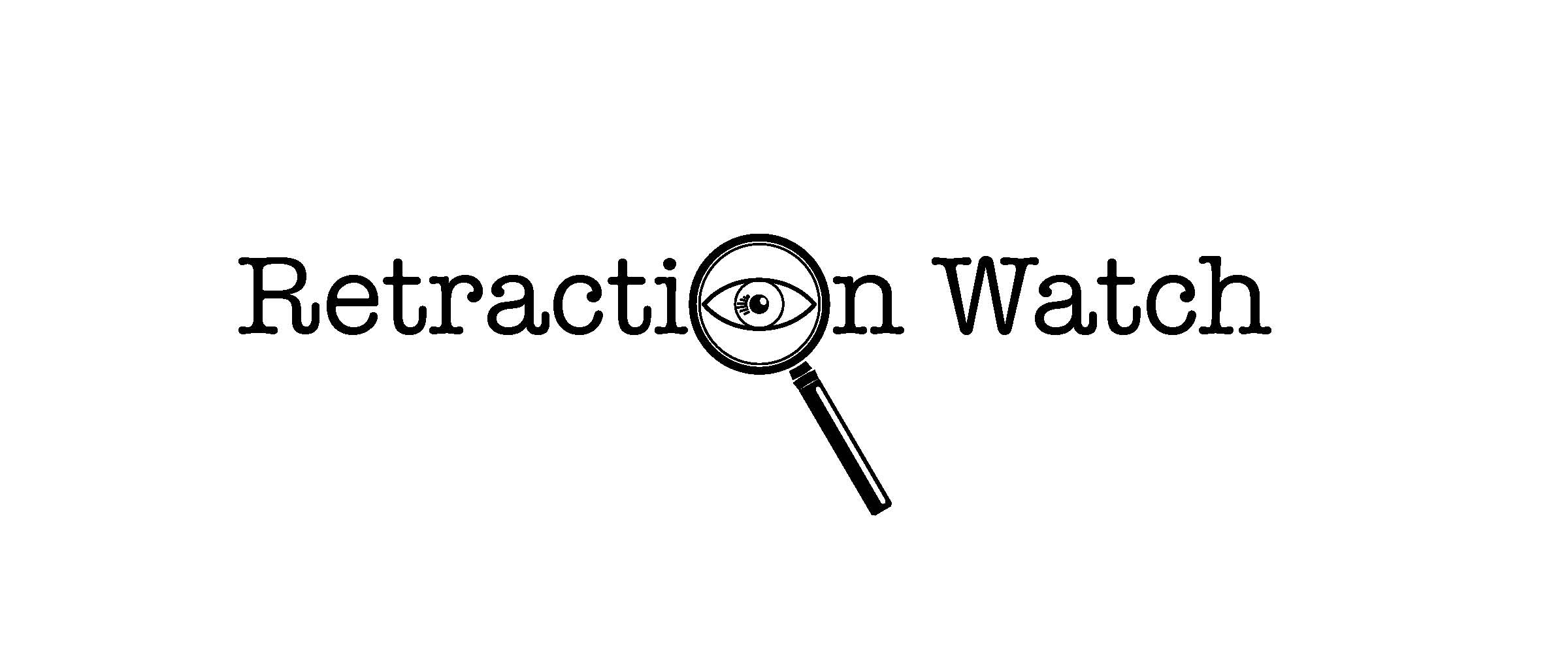
Predatory journals – which charge high fees and often offer little-to-no vetting of research quality – are a problem, and lately an easy target for authors eager to spoof the problems of the publishing system. Although many researchers try to steer clear, not all do – a recent paper showed that some top economists publish papers in potentially predatory journals. Now, a new paper in the Journal of Scholarly Publishing reports the problem may be even more widespread. Derek Pyne found that most of his colleagues at the School of Business and Economics at Thompson Rivers University in British Columbia, Canada have at least one paper in a predatory journal. We talked to Pyne about how his colleagues and administrators reacted to his findings – and how he believes they should address them.
Retraction Watch: Why did you decide to look at how many of your colleagues in the business school have published in predatory journals?
 For the second time, a journal has quickly retracted a study that suggested vaccines raise the risk of autism and other neurodevelopmental disorders.
For the second time, a journal has quickly retracted a study that suggested vaccines raise the risk of autism and other neurodevelopmental disorders. In 2012,
In 2012, 
 A top federal U.S. court has confirmed a decision by the National Science Foundation (NSF) to
A top federal U.S. court has confirmed a decision by the National Science Foundation (NSF) to  It takes a lot of work to clean up the scientific literature, and some researchers and organizations deserve special recognition. That’s why we’ve established a “
It takes a lot of work to clean up the scientific literature, and some researchers and organizations deserve special recognition. That’s why we’ve established a “

 Despite continuing to vigorously defend their work, the authors of a controversial paper about the effects of human pollution
Despite continuing to vigorously defend their work, the authors of a controversial paper about the effects of human pollution  A diabetes researcher who once sued a publisher to prevent several retractions has just issued his 12th.
A diabetes researcher who once sued a publisher to prevent several retractions has just issued his 12th.